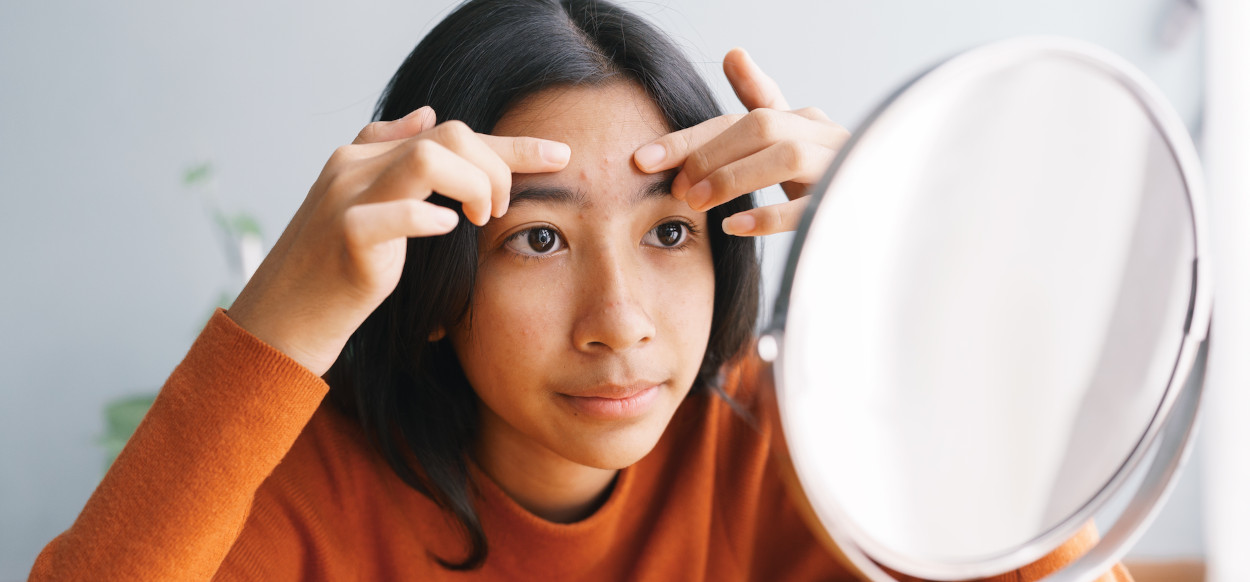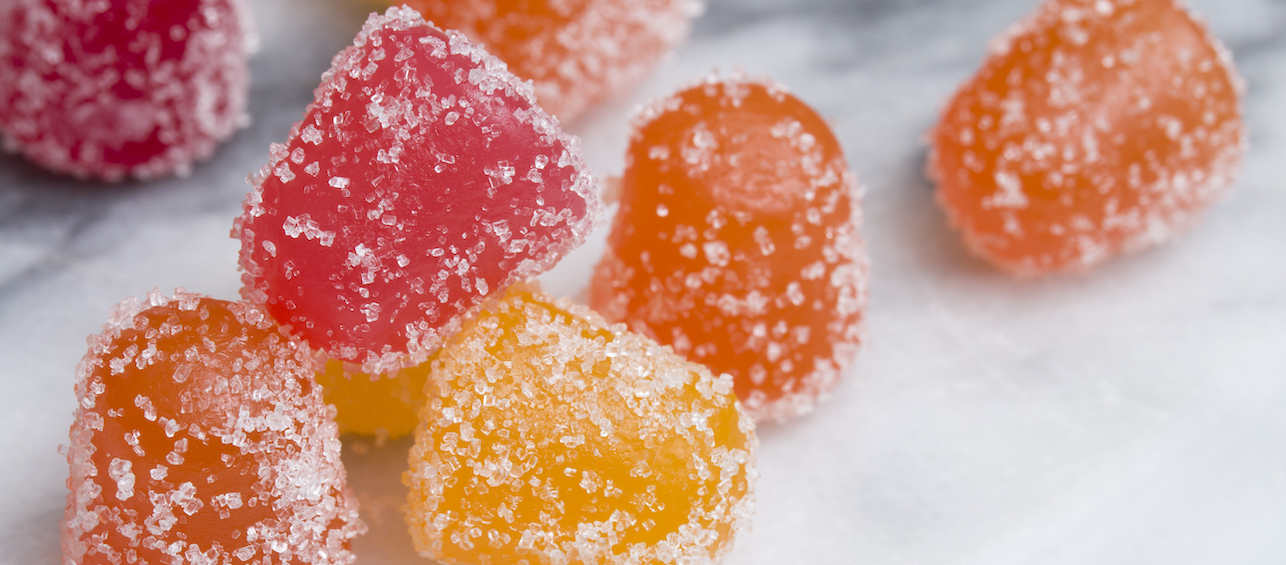Acne is a very frequent problem in adolescence. Up to 85% of teens and young adults will develop it at some point in their lives. Even though it is so common, many teens still struggle with the personal and social implications of having a “bad breakout”. It can affect confidence, mood, personal relationships and even performance in school or sports. Over time it can cause permanent scars as well.
Acne is a complex disease that is not caused by just one factor. Some of these factors are still not very well understood. What we do know is that the following play a large role in the formation of it in teenagers:
- Abnormal keratinization (tendency to get clogged pores)
- Bacterial colonization (teens with acne appear to have a larger amount of Propionibacterium acnes, a microorganism normally present on skin)
- Changes in sebum (oil) production
- Exaggerated inflammatory response
Other hormonal-driven conditions, such as PCOS (polycystic ovary syndrome), premature puberty, hyperandrogenism, hypercortisolism can also cause it. However, these are less common.
There is an overwhelming amount of information about it in the media and it might be hard to filter the valuable tips from the misleading ones. Therefore, I thought it would be helpful to clarify some of the most common myths about acne:
5 Myths About Acne in Adolescents and Teenagers
MYTH #1: Popping a pimple will help it heal faster
Popping a pimple will not help it heal faster. Further, it will make it worse, more inflamed and increase the chance of scars. Popping and picking can be very tempting but should be avoided.
MYTH #2: There’s only one line of treatment
This is not true. Acne can present with variable features (whiteheads, blackheads, pus bumps, inflamed nodules/cysts or a combination of all!) and with variable severity. Your dermatologist will determine the type and severity of your acne and develop a customized plan. This will often include a combination of a few topical products (such as medicated washes, gels or creams) and possibly oral medications for more severe cases.
It’s important to remember that the medication that worked great for your friend may not be the most appropriate for you. Your dermatologist will also teach you how to care for your skin in a gentle way. This will likely include recommendations to avoid harsh scrubbing products or face brushes, picking and popping pimples, and the regular use of sunscreen and facial moisturizer.
MYTH #3: It will clear up within a week or two of starting treatment
This is a major myth. Clearing acne takes consistency and persistence. Unfortunately, the improvement is not noticeable overnight and typically takes several weeks to a couple months. It is important to not to get discouraged with the lack of immediate results. Stick to the plan and see your dermatologist in follow up visits as directed for any potential adjustments. Don’t believe on the miraculous overnight results shown on TV or the internet!
MYTH #4: Teens get acne because they don’t wash their faces
it’s not that simple! Dirty skin alone does not cause acne. Many different factors cause acne. However, it is helpful to wash the face once to twice daily with a gentle acne cleanser or a medicated wash if prescribed by your doctor. We also recommend removing the sweat after exercise and greases that can accumulate on skin from certain activities (e.g. working on a grill, exposure to engine oil). As with most things in life, moderation is key. Avoid hash scrubbing or washing face excessively, as these can overly dry and irritate the skin.
MYTH #5: Greasy foods cause acne
Eating excessive amounts of greasy foods may not directly cause acne or make skin oily. The role of diet in acne is controversial and multiple studies have tried to explain it. There is some evidence to suggest that excessive consumption of foods with high glycemic index, certain dairy products (like skim milk) and refined sugars can make acne worse. We expect to learn more about the impact of diet on acne in the future, but in the meantime, we recommend eating a healthy and balanced diet with lots of fruits and vegetables.
If you are concerned about your teen’s acne, please contact your child’s doctor. Depending upon the scope and severity, he or she may recommend a referral to a dermatologist.
For more information about our Division of Dermatology, please call 513-636-4215 or visit our website.






What is the best over the counter creams or washes for facial acne? My daughter is 12 and has been seen by a dermatologist, she was on medication that didn’t help and if there is something over the counter that she can use it would be very helpful to us.